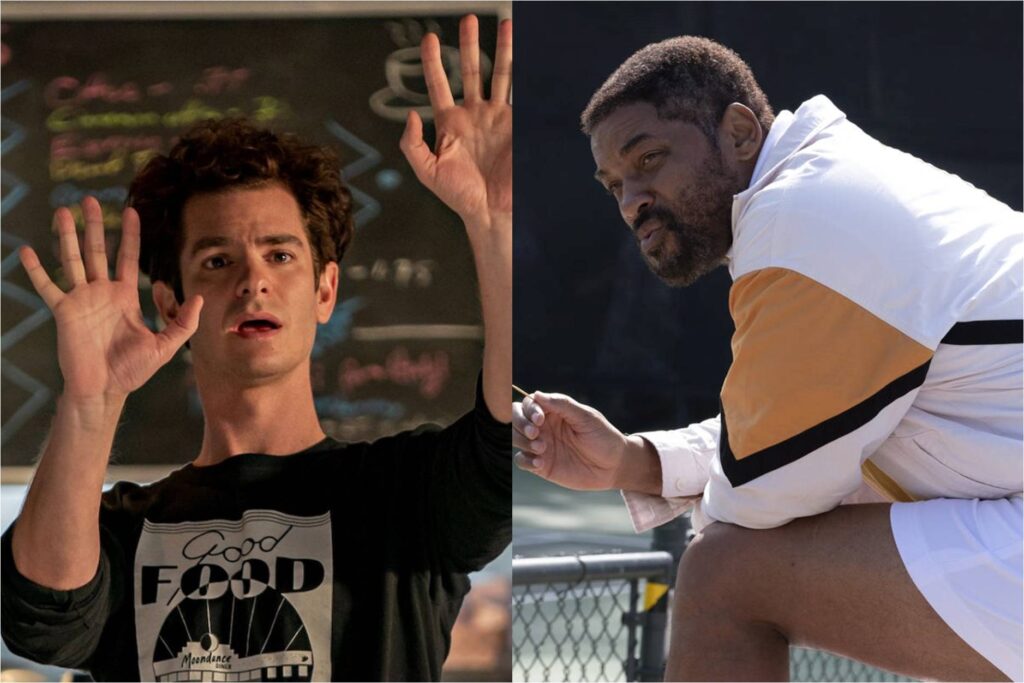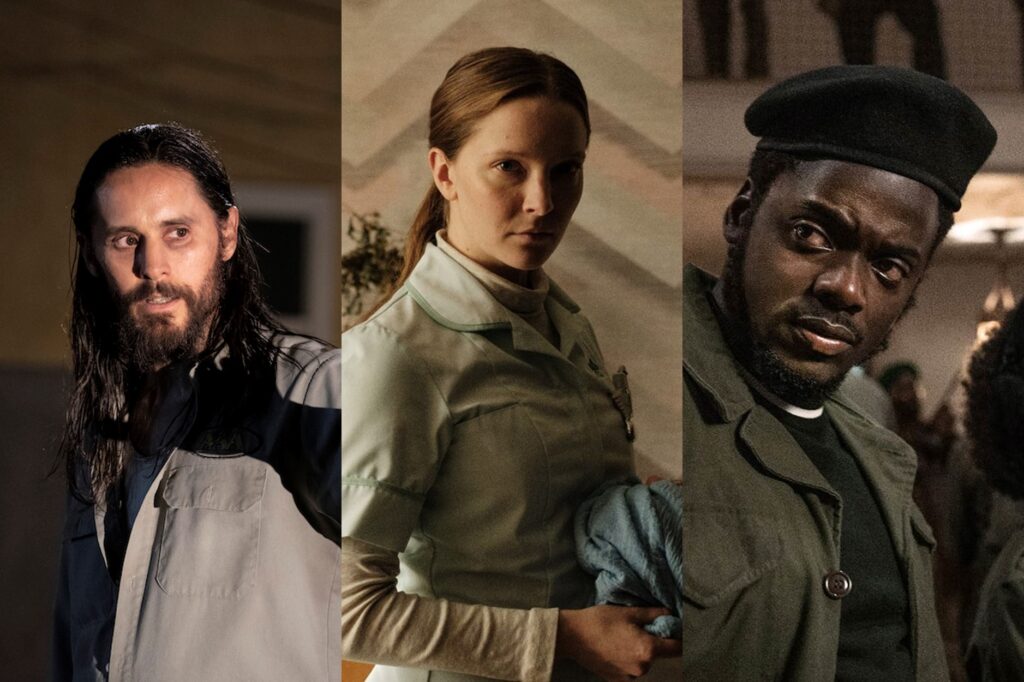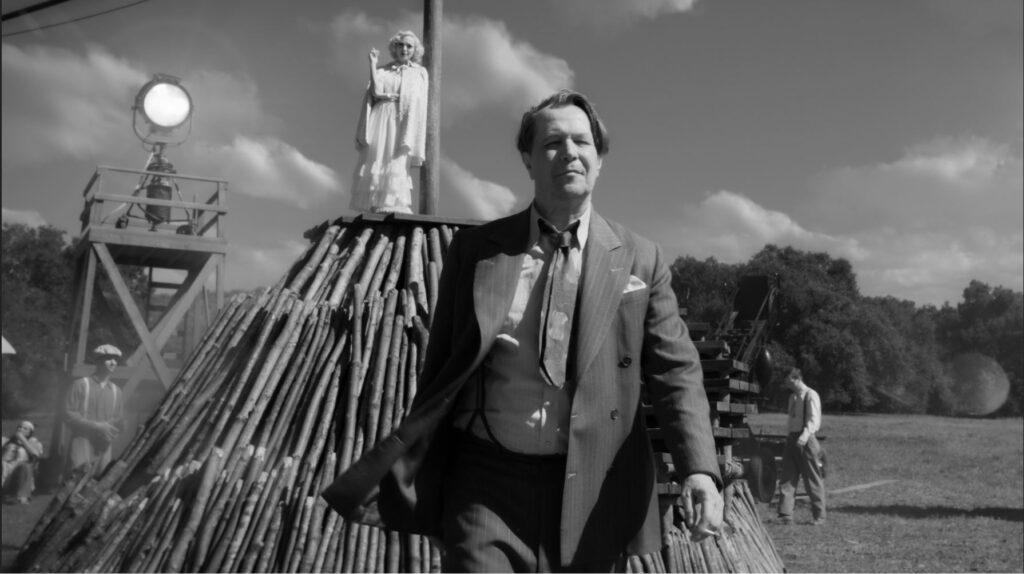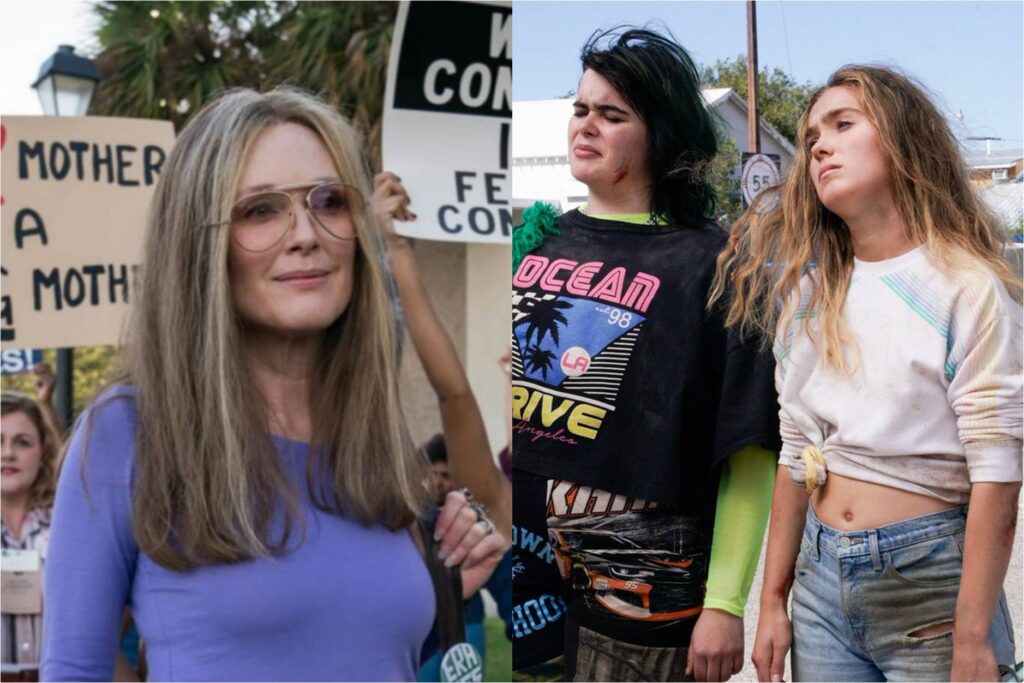King Richard, Tick Tick Boom, and the Tortured Genius

Success stories can’t be simple. Presumably, many gifted artists and athletes achieve their goals through little more than the straightforward combination of labor and talent, without facing any daunting challenges or making any personal sacrifices. But who wants to watch a movie about them? Drama requires conflict, which is why rousing tales of ultimate success must contain moments of intervening failure. (Pictures about sustained failure are far more rare, give or take an Inside Llewyn Davis.) Last week featured the premiere of two fact-based films about obsessive geniuses: Warner Brothers’ King Richard, about the father of Venus and Serena Williams, and Netflix’s Tick, Tick… Boom, about the early struggles of the creator of Rent. One teeters perilously on the border of hagiography, while the other is largely enjoyable on its own artistic terms, but both are steeped in the cinematic wellspring of toil, triumph, anguish, and redemption.
Technically, King Richard isn’t so much the story of a genius as that of the man behind the genius(es), though I’m sure if you posed that framing to Richard Williams, he’d dismiss the distinction as one without a difference. Whether this on-screen version of Richard, incarnated by Will Smith with twinkly charm and bottomless gumption, represents a drastic departure from the actual man is a debate best left to historians and biographers. What matters here is whether this Richard is the suitable protagonist of a predictable, rags-to-riches sports picture—whether he is sufficiently separable from the countless coaches and motivators who have preceded him in the illustrious screen tradition of drilling, aggravating, and speechifying. Read More




